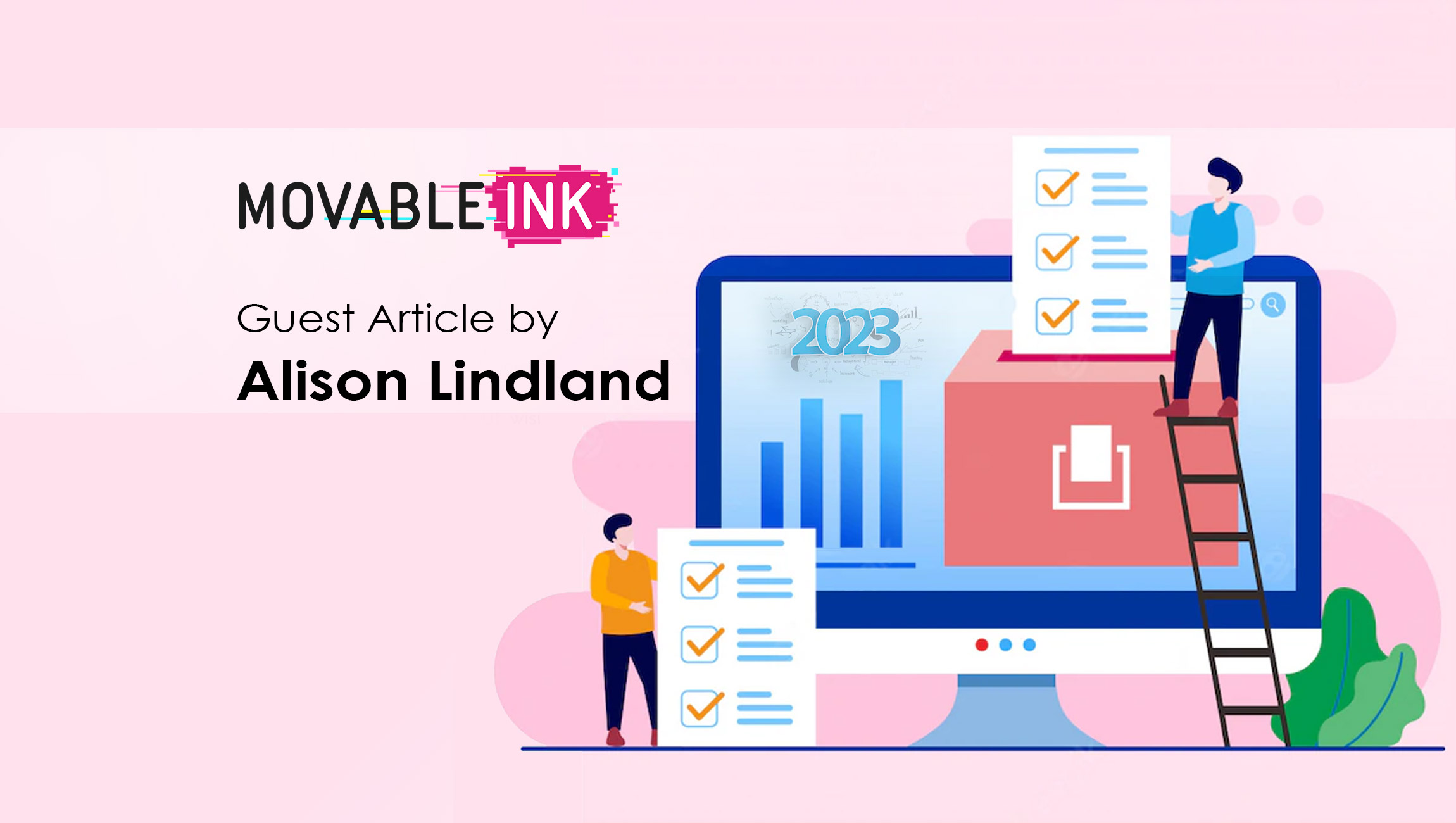As every industry braces for the challenges of the year ahead, new trends are set to rise as technology innovates faster than ever. From overcoming the anticipated economic slowdown to applying advancements of AI in marketing to leveraging first- and zero-party data, here are a few of the ways we can expect the martech sector to evolve in 2023.
Marketers Will Need to Do More With Less
While inflation worries causing consumer confidence to decline, marketing teams will also be tasked with driving continued performance with reduced resources. Marketing teams and budgets will shrink in size as companies look to reduce costs; expectations of hitting lofty marketing goals, however, will not follow suit.
In this environment, customer retention will be critical. Retaining a customer is far cheaper than acquiring a new one after all. Loyalty programs are an inexpensive and more cost-effective way to reward your customers that know you best and are a platform for brands to continue to reinforce the value your brand brings them. Sixty-eight% of consumers say they are likely to be loyal customers if a brand is engaging and building personal relationships with them, while 33% say they are more likely to spend more as a result of these programs.
Marketers current strategies, such as email and mobile marketing, will continue to yield strong returns. But companies will need to explore new marketing avenues on top of sustaining their proven methods if they want to continue resonating with customers. Mobile-driven programs, such as prioritizing apps, will likely see their biggest year yet as their importance grows in 2023, while programs already in place will evolve to become more sophisticated and personalized to stand out among the competition.
Marketing Technology News: MarTech Interview with Cary Tilds, Chief Strategy and Operations Officer at Frameplay
Navigating the Data Privacy Landscape Will Become Key
With new technologies coming to the forefront of the industry, there is higher risk for any overlooked flaws in security to be potentially exploited by hackers looking to steal consumer data. Government scrutiny on tech companies will grow as politicians seek to expand citizen protections. Companies would be smart to get ahead of the curve to ease consumer and political fears.
The European Union set a global precedent introducing its General Data Protection Regulation law in 2016. As of 2022, the U.S. still does not have an all-encompassing national law to regulate data privacy. Instead, the U.S. has opted for state-level legislation, which many critics say pales in comparison to the GDPR, which many argue is too weak to be meaningful.
While 2023 might be a bit soon to see this having a major effect on customers and businesses outside of a few states, big tech companies, such as Apple and Google have established new privacy protections on their own to address consumer demands for more transparency regarding how their data is used.
These changes will disrupt the way many marketers have operated until now, forcing marketers to pivot to zero- and first-party data sets. Yet, the changes also create new opportunities while giving consumers more control over their online interactions and privacy, especially as new technologies, like AI, gain prominence in marketing strategy.
Humanizing AI Will Boost Acceptance
When people think of a future run by AI, unflattering depictions like HAL 9000 likely come to mind. If marketers want consumers to accept AI, we should do our best to alleviate the fear that we are opening Pandora’s box. Humanizing AI can help, and doing so has never been easier to achieve than it is now.
By leveraging only zero- and first-party data that was given with consumer consent, brands can remove the creepiness factor and build trust among customers. Brands should then go a step further, assuring consumers that AI adheres to the same level of data confidentiality that employees are bound by. Once trust is established among your end users, AI can serve as a highly effective personalized sales associate, advisor, or customer service agent, ensuring its smooth and ethical application.
Bias is another common challenge that can eat away at consumer trust in AI. For marketers, the practice of audience segmentation often exacerbates AI bias by forcing every customer into a limited, oftentimes inaccurate, selection of categories. But, advances in AI are solving this issue, opening new doors to audiences previously pigeonholed under demographics they may not have fit into well. By serving up personalized marketing content based on how each individual behaves rather than based on attributes such as age, gender, and geography, marketers can reduce bias and foster more valuable connections with customers. This approach has the added benefit of being more adaptable as an individual’s preferences and behaviors change.
There are additional benefits of using AI for marketing teams: with AI automating personalization, human error gets removed and marketing teams gain back time for strategic and creative initiatives, driving value on a one-to-one level and helping build long-term relationships and value. They can be more agile in adapting to feedback in a more direct, individualized manner, tweaking strategy on the fly.
Anticipating the New Year
As we head into a new year and see new trends take over, companies that remain nimble and adjust to the challenges thrown their way will emerge as the winners. By leveraging new technologies like AI, keeping in mind new legislation, and respecting your customers and their data, marketers will be in a better position to navigate uncertainty while cultivating strong customer loyalty.
Marketing Technology News: Ad Tech Trends for 2023



